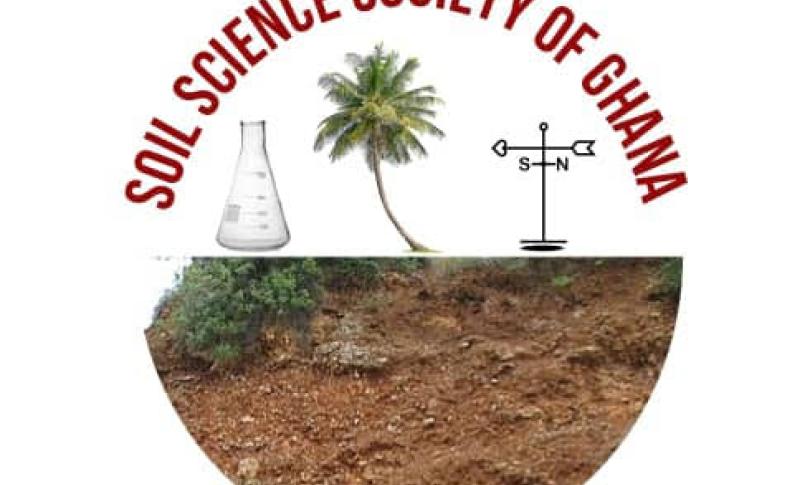
“The soil is as important as the food that grows on it, so if you must have a good harvest, care about the soil too”.
As the world observes World Soil Day 2024 under the theme, “Caring for Soils: Measure, Monitor, Manage,” experts are ringing the alarm about the alarming degradation of one of Earth’s most precious resources—soil. In Ghana, the Soil Science Society of Ghana (SSSG) is championing the call for urgent action to protect and restore this essential yet often overlooked resource.
`“Soil is the foundation of life on Earth,” says Dr. Edward Yeboah, President of the Soil Science Society of Ghana. “It provides the nutrients needed for plants, animals, and humans to thrive, yet we are losing fertile soils at an unprecedented rate due to human activities.”
The Silent Crisis Beneath Our Feet
Globally, soils are being degraded at alarming rates, and the figures are staggering. It takes 500 years to form just 2 centimeters of topsoil, but humanity loses 24 billion tons of fertile soil annually. “This soil loss costs the world $490 billion every year,” says Dr. Yeboah. “And it’s not just about erosion; we’re also losing critical soil biodiversity and essential nutrients.”
These losses have far-reaching implications. Nutrient-deficient soils lead to poor crop yields and unhealthy food, contributing to global malnutrition. “Around two billion people suffer from micronutrient deficiencies, largely because soils are no longer supplying the nutrients they once did,” explains Prof. Dr. Ahmed Osumanu Haruna, a member of the SSSG.
Human Activities Driving Degradation
Soil degradation is not a natural phenomenon; it’s driven by unsustainable agricultural practices, deforestation, pollution, urban expansion, and climate change. “More than 50% of the world’s arable lands are acidic, and the tropics and subtropics bear the brunt of this,” Prof. Haruna notes. “We must act now to reverse these trends.”
Indicators of declining soil quality include erosion, compaction, acidification, salinization, and loss of soil organic matter. As global temperatures rise, soil temperature increases even faster than ocean temperatures, leading to decreased soil moisture—an essential component for agriculture.
Solutions Rooted in Science
To combat soil degradation, the SSSG emphasizes the importance of sustainable soil management practices. Regenerative agriculture, carbon farming, and precision farming are some of the approaches gaining traction. “By increasing soil organic matter through methods like carbon capture and using high-quality organic amendments, we can restore soil fertility and balance nutrient systems,” says Dr. Yeboah.
Practical solutions like crop rotation, minimum tillage, and planting salt-tolerant crops can also mitigate specific problems such as soil erosion and salinization. “Soil health is the backbone of food security and climate resilience,” Dr. Yeboah emphasizes.
A Call to Action
The SSSG is urging policymakers, farmers, and communities to prioritize soil health. Key strategies include investing in sustainable soil management, building soil information systems, and creating awareness about soil conservation. “Good stewardship of soils is essential for human well-being,” Dr. Yeboah asserts. “Every effort we make to care for our soils today will ensure a sustainable future for generations to come.”
As the world looks ahead to a projected 60% increase in food demand by 2050, the need for healthier soils has never been more urgent. “Healthy soils mean healthy food, healthy people, and a healthy planet,” says Prof. Haruna.
On this World Soil Day, the SSSG reminds us that the health of our soils reflects the health of our planet. The time to act is now—measure, monitor, and manage our soils to secure a sustainable future for all.
